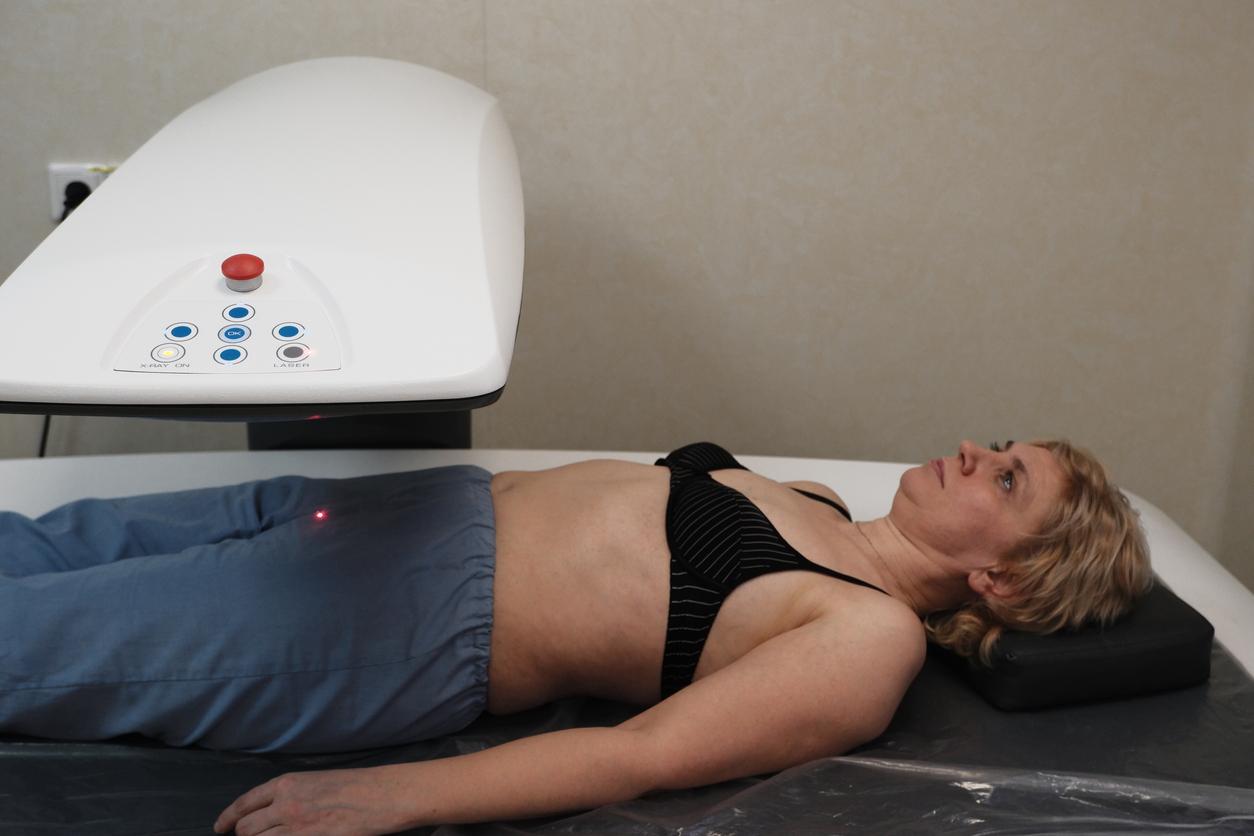While classic symptoms such as severe chest pain are well known, it is crucial to pay attention to other, often overlooked, warning signs of myocardial infarction that can occur in women.

- There are 80,000 heart attacks per year in France.
- Typical female symptoms include sweating, nausea, dizziness and unusual fatigue.
- These symptoms can occur at rest or during sleep, knowing them can save lives.
Myocardial infarction, more commonly known as a heart attack, is a dreaded event that affects around 80,000 people in France each year. It occurs when the blood supply to the heart is suddenly interrupted, usually due to a blockage of the coronary arteries by a blood clot. This lack of oxygen and nutrients can seriously damage the heart muscle.
Myocardial infarction: atypical manifestations to watch out for
Unlike men, women may experience heart attack symptoms that differ from classic chest pain. It is important to know these warning signals to react quickly and call for help if in doubt. These atypical symptoms include:
- Heavy sweating: Sudden, profuse sweating, even in cool weather or while resting, may be a sign of a heart attack in women.
- Nausea and vomiting: These digestive disorders, often accompanied by a feeling of general malaise, can occur even in the absence of chest pain.
- Dizziness or feeling of spinning head: A sudden drop in blood pressure or a disturbance in heart rhythm can cause dizziness or lightheadedness.
- Unusual fatigue: Intense and persistent tiredness, without apparent cause, may be a sign of a heart attack, especially if accompanied by other symptoms.
Other warning signs to consider
In addition to these atypical symptoms, it is important to remain alert to other manifestations that may indicate a heart attack in women:
- Pain or discomfort in the jaw, neck, back, or arms
- Sudden, unexplained shortness of breath
- Feeling of pressure or tightness in the chest
- Sudden anxiety or feeling of dread

Heart Attack Risk Factors and Prevention
While heart attacks affect men more often, women are not spared. Certain risk factors increase their predisposition to this pathology:
- Taking combined birth control pills
- Smoking
- Poor diet and a sedentary lifestyle
- Age (after menopause)
- Diabetes
- Stress and depression
- Broken Heart Syndrome
- Some complications of pregnancy


















